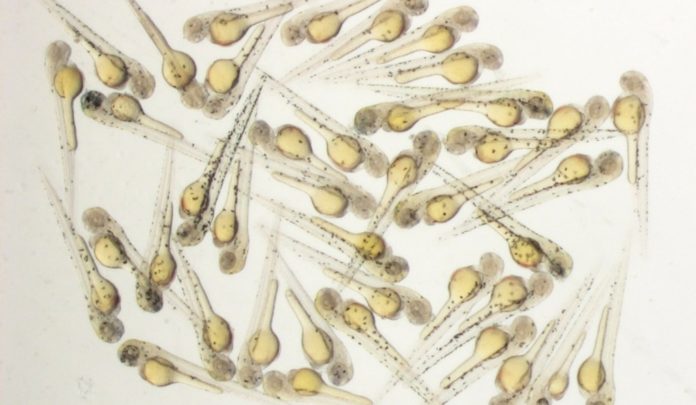By just modifying a single variable- temperature, Yale scientists have expanded the potential applications of a CRISPR-Cpf1 groundbreaking gene-editing technology.
Scientists showed that how temperature modulates Cpf1 activity by controlling its ability to access genomic DNA.
The CRISPR-Cpf1 gene editing innovation has ended up being very proficient in mice yet not in other model living beings. The Yale group demonstrated that temperature is a key factor controlling Cpf1 movement and have improved this innovation enabling analysts to roll out focused hereditary improvements in a large group of model life forms, for example, zebrafish and the organic product fly Drosophila.
Lead author Miguel A. Moreno-Mateos said, “With these optimizations, we can modify genomes of every other organism.”
“Now, we have a robust system able to efficiently edit regions in the genome not targetable by other CRISPR systems and this activity can be easily controlled just by changing the temperature.”
